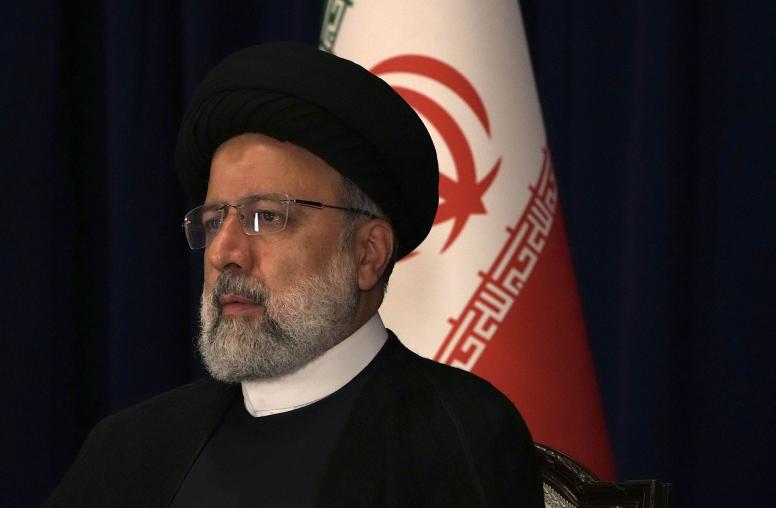Engagement, Coercion, and Iran’s Nuclear Challenge: Report of a Joint Study Group
The U.S. faces important decisions as it prepares for talks with the Islamic Republic of Iran on its nuclear activities. A distinguished group of 50+ scholars and policy analysts concluded that the U.S. should rebalance its approach to Iran, leveraging the gains achieved from sanctions by indicating a willingness to engage Iran diplomatically on a wide range of issues. The study group’s report is a broad prescription for rebalancing U.S. policy in a way that could increase the chances for success in the talks.
An RSVP is required to attend this event. If you would like to attend this event, please email RSVP@stimson.org.
The U.S. faces important decisions as it prepares for talks with the Islamic Republic of Iran on its nuclear activities. Despite signs that trade and financial sanctions are slowing Iran’s nuclear program and squeezing its economy, sanctions alone will not alter Iran’s calculations. After reviewing Iranian politics and foreign relations, the dynamics of energy in the Middle East and U.S. policy options, a distinguished group of 50+ scholars and policy analysts, holding a wide range of analytical views and political orientations, conclude that the U.S. should rebalance its approach to Iran, leveraging the gains achieved from sanctions by indicating a willingness to engage Iran diplomatically on a wide range of issues. Although not constituting a tactical blueprint for the upcoming negotiations in Geneva, the study group’s report is a broad prescription for rebalancing U.S. policy in a way that could increase the chances for success in the talks.
Speakers
- Dr. Richard H. Solomon, Opening Remarks
President,
U.S. Institute of Peace - Ellen Laipson, Opening Remarks
President and CEO,
Stimson Center - Barry Blechman
Co-Founder/Distinguished Fellow,
Stimson Center - Daniel Brumberg
Senior Adviser, Center for Conflict Analysis and Prevention
U.S. Institute of Peace - Steven Heydemann
Vice President, Grant and Fellowships Program,
U.S. Institute of Peace



